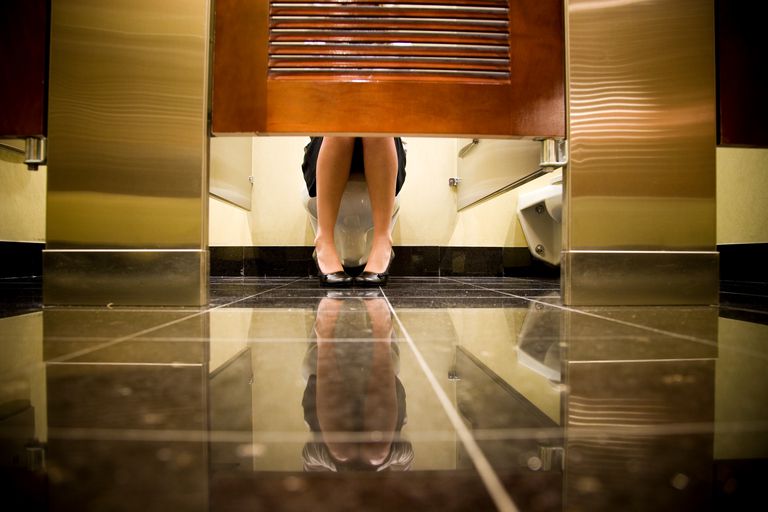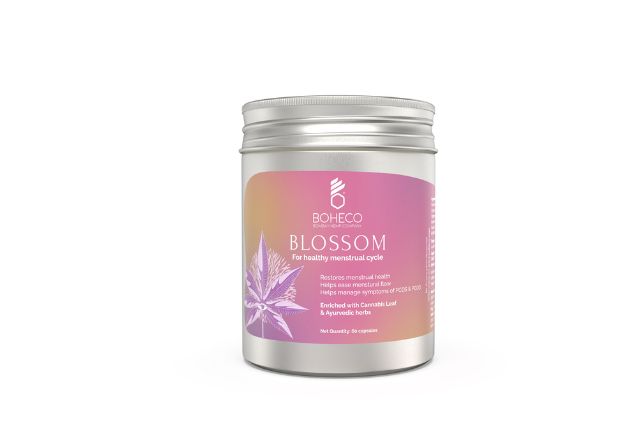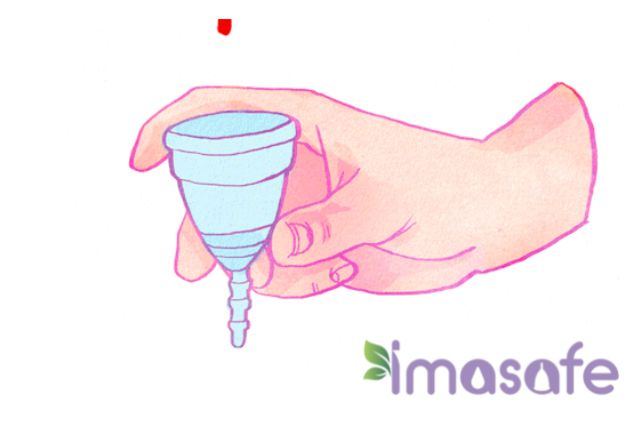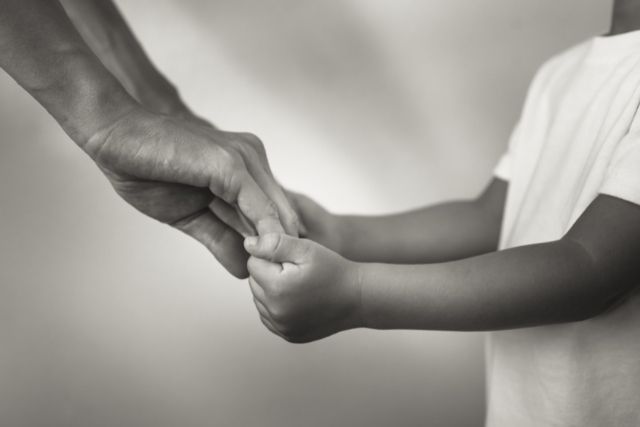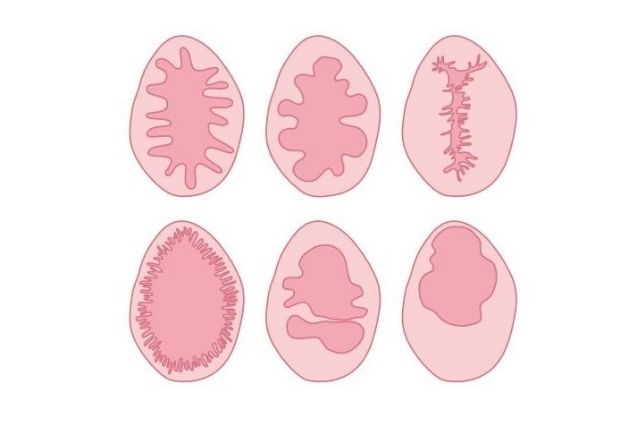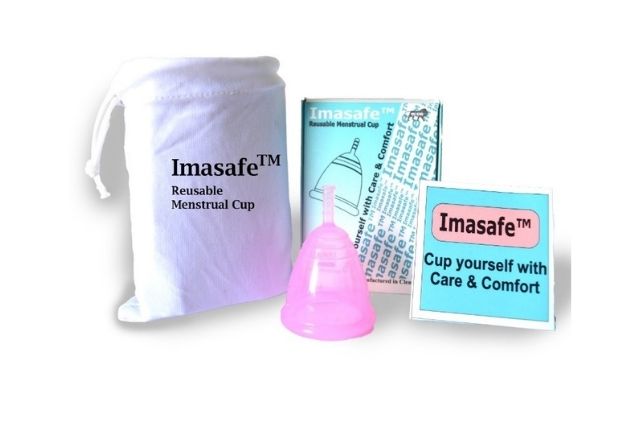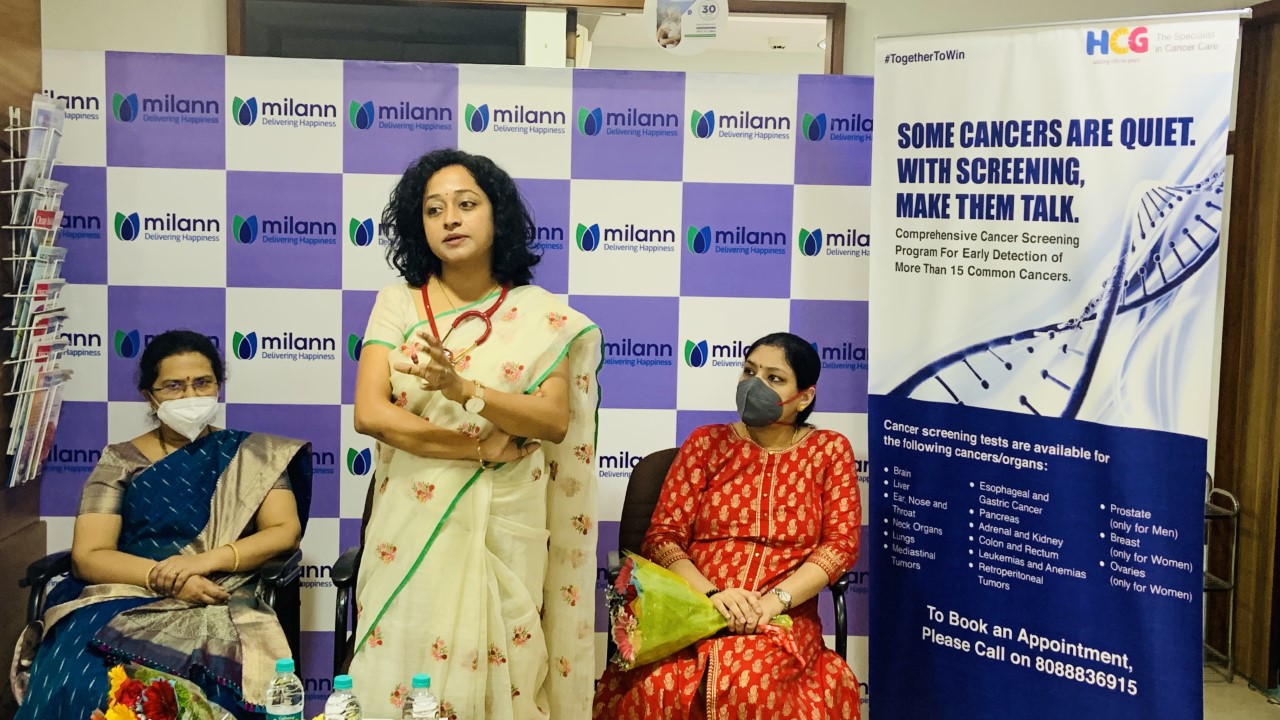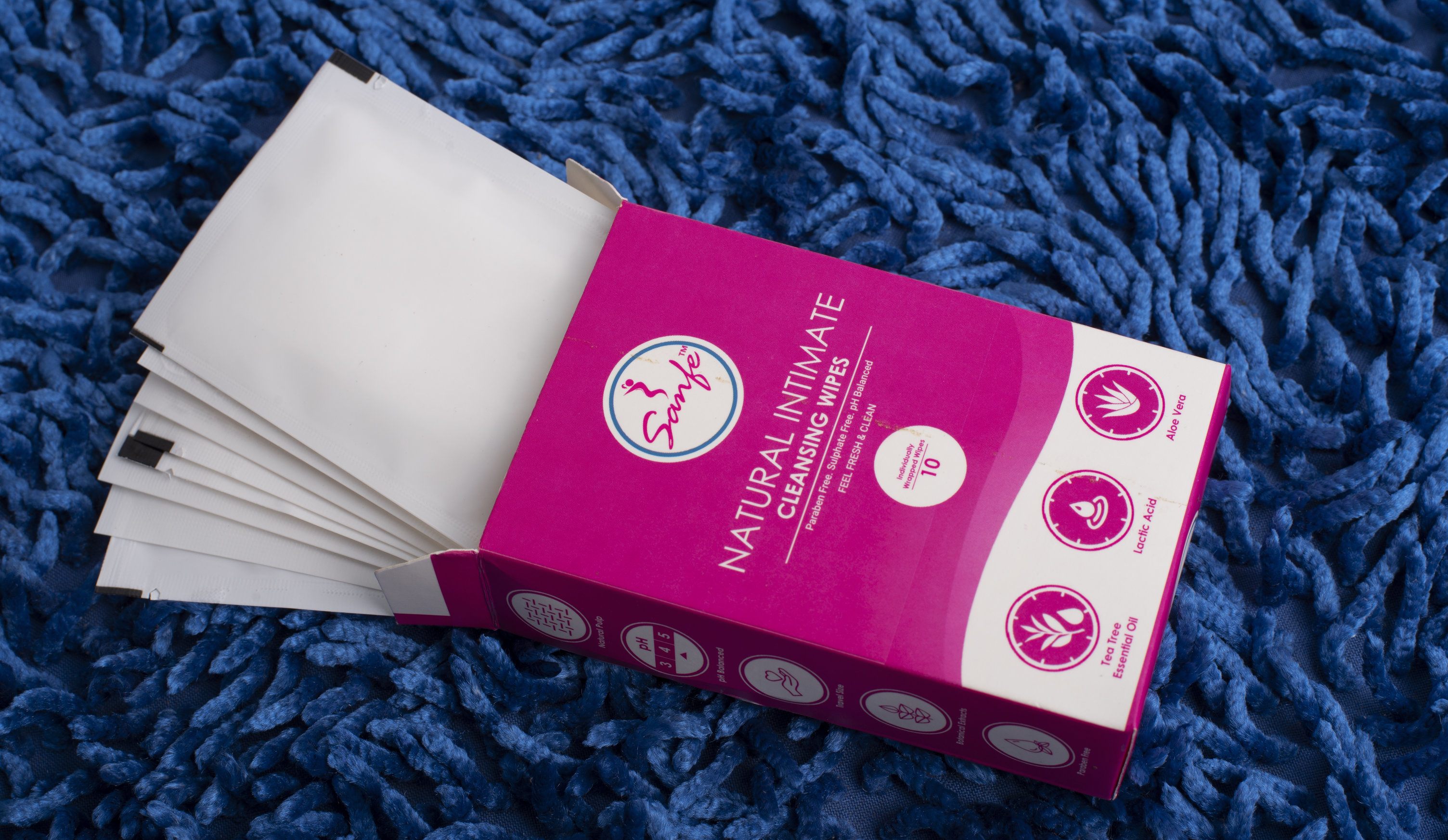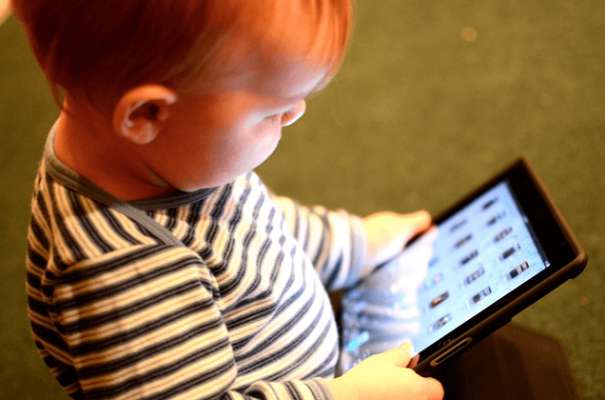~The survey is designed and conducted by Pinkishe Foundation in partnership with Sanfe~
~Survey revealed workplaces, travel destinations, malls and even five star hotels under restrooms hygiene radar~
~Smaller cities are more concerned about the state of public washrooms and the health risks associated~
New Delhi; 08.08.2019: A new online survey asked Indian women about the risk of using public washrooms. The findings are disturbing. 90 percent of women states that the public washrooms in the outdoor environment be it workplace, shopping malls or hotels are not clean and suitable to use in the country, a survey by a famous women empowerment organization Pinkishe and a feminine hygiene company Sanfe has revealed. While we are very close towards achieving the prestigious goal of Open Defecation Free India, the poor state of public toilets and women hygiene still remains a big challenge.
The Survey report titled ‘Say no to dirty toilets’ against dirty public washrooms covered about 20,000 women between the age group of 18-50 years spread through social media sites, WhatsApp and email across Delhi, Mumbai, Chandigarh, Hyderabad, Bangalore, Lucknow, Chennai, Pune, Patna and Kolkata. Most of the travelers and shoppers admitted that holding urine is the only alternative for using dirty toilets followed with pee in semi-squat position and wiping dirty toilets. The survey highlights that Millennials are not ready to compromise when it comes to feminine hygiene and safety. Smaller cities are aware about the grievances of UTI (Urinary Tract Infection)and are concerned about the state of public washrooms in their respective regions.
Women use alternative to tackle the issue which can have future implications on health. Holding urine for a long period can cause kidney stones, weaken bladder muscles and other severe kidney disorders. Semi-squatting leads to prolonged pain in joint and pelvic muscles. These alternatives become a nightmare for women especially for old age. It is high time for nation to address the poor state of women hygiene at public toilets.
Unhygienic menstruation practices and dirty washrooms are key triggers of Urinary Tract Infection. 65.2% of our women respondents revealed the risk of Urinary Tract Infection associated with dirty public toilets. The time demands for high decibel awareness around the issue. We need to empower women by motivating them to stand up against using dirty public washrooms.
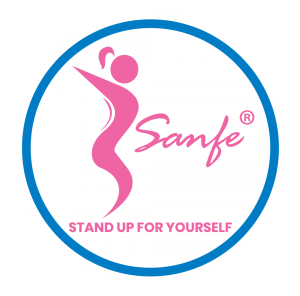
Majority of working women finds their health and hygiene at risk while using public toilets. Women is already having the strong preconceived notion about the public toilets as 51.3% considered restrooms as dirty, 40.8% considered as less clean and only 8% as clean. Respondents were also aware of the infections caused by dirty public washrooms. This can be because of the increased awareness or their bad experience of suffering infections sometime in their life.
The survey also highlights the magnitude of the issue and the grave need for innovative and affordable solutions for clean washroom. As per the report, 26 percent of women are willing to stand and pee by changing their conventional way of urinating which can reduce the chances of UTI significantly because of elimination of physical contact with the dirty toilet seats. These solutions can help in increasing the number of safe visits to public washrooms and decrease the number of visits to gynaecologists.
The survey puts forward a strong point of the condition of public washrooms in India and alarms the authority to take necessary actions. In the meantime, it is advisable to women to take care of their hygiene and stand against the dirty washroom.
About Pinkishe: https://www.pinkishe.org/
Pinkishe is an ‘All-women’ Non-profit organisation headquartered in Delhi-NCR. Famous celebrities including Shri Amitabh Bachchan supports Pinkishe. Pinkishe has witnessed a growth from just 2 persons to an all-women community of 200,000+ women and 50+ branches across the length and breadth of India in just 18 months. Pinkishe is one of the fastest growing women organisation in the country. Pinkishe is running multiple programs for the benefit of girls and women, flagship of them being PadBank, under which the organisation work on spreading Menstrual Hygiene awareness and distributing free reusable sanitary pads to slums and rural areas.
About Sanfe: https://sanfe.in/standupforyourself/red-dot/
Sanfe is India’s leading feminine hygiene brand and women empowerment company promoting better health and wellbeing for all women, now and for future generations. Incubate at IIT Delhi, Sanfe is founded by two B.Tech. students, Archit Agarwal- Founder and Harry Sehrawat- Co-founder when they were in their second year. The journey started during a trip to mountains when one of their female friend contracted Urinary Tract Infection caused by the use of dirty public washroom. It was only then when they realised that this is a problem faced by over 50 percent of women in India.







